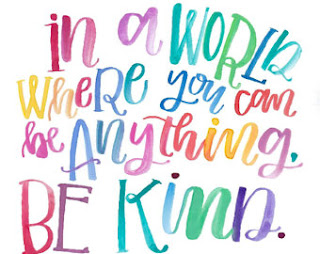Hopeful Thinking - Saturday, January 27, 2018 - A Pinstreak of Light

Humanity’s relationship with and understanding of God is based on a limitless supply of limited information. All we know of God is what we can see through the keyhole. It seems impossibly dark in here. A bright light is definitely on in the other room. All we can see of it, however, is the narrow band of photons which miraculously hits the impossibly small target of our eye. It’s not much information to begin with. But worse, we’re all trying to see through the same keyhole at once. Crowding around it. The sides of our faces pressing hard against one another. So many trying to see. To verify. Each of us gets so little. Just a thin pinstreak of light. But our slender beam is entirely our own. No other eye can see through the opening at the exact angle we can. Just like no two views of a rainbow are exactly the same. What each looks like depends upon where you’re standing. In fact, each rainbow is in reality a series of individual rainbows in an amount...


